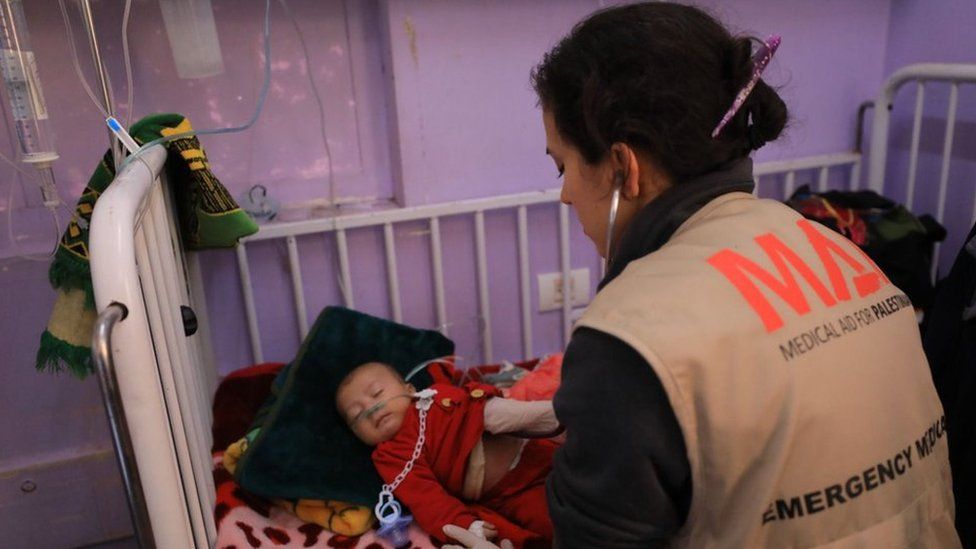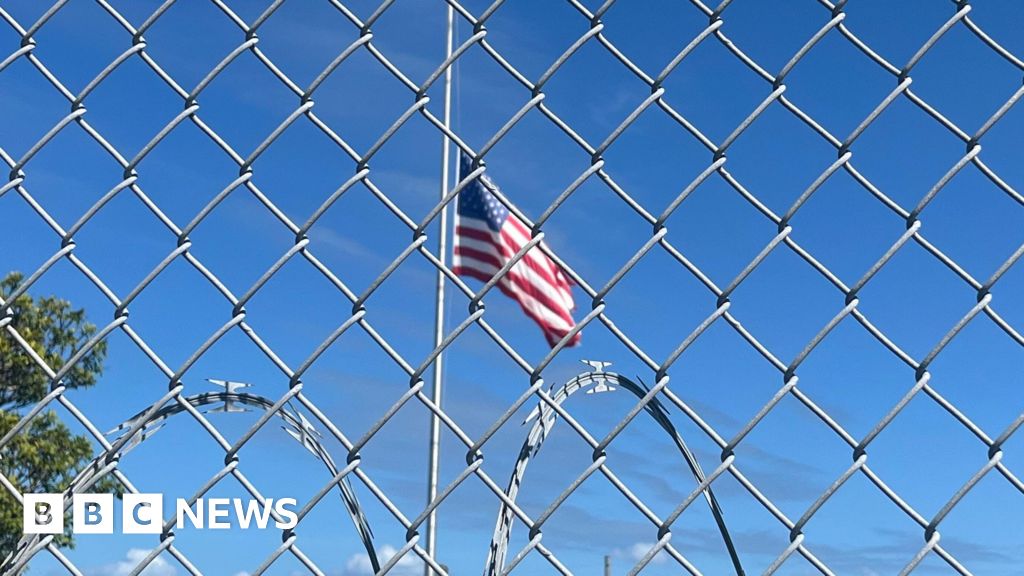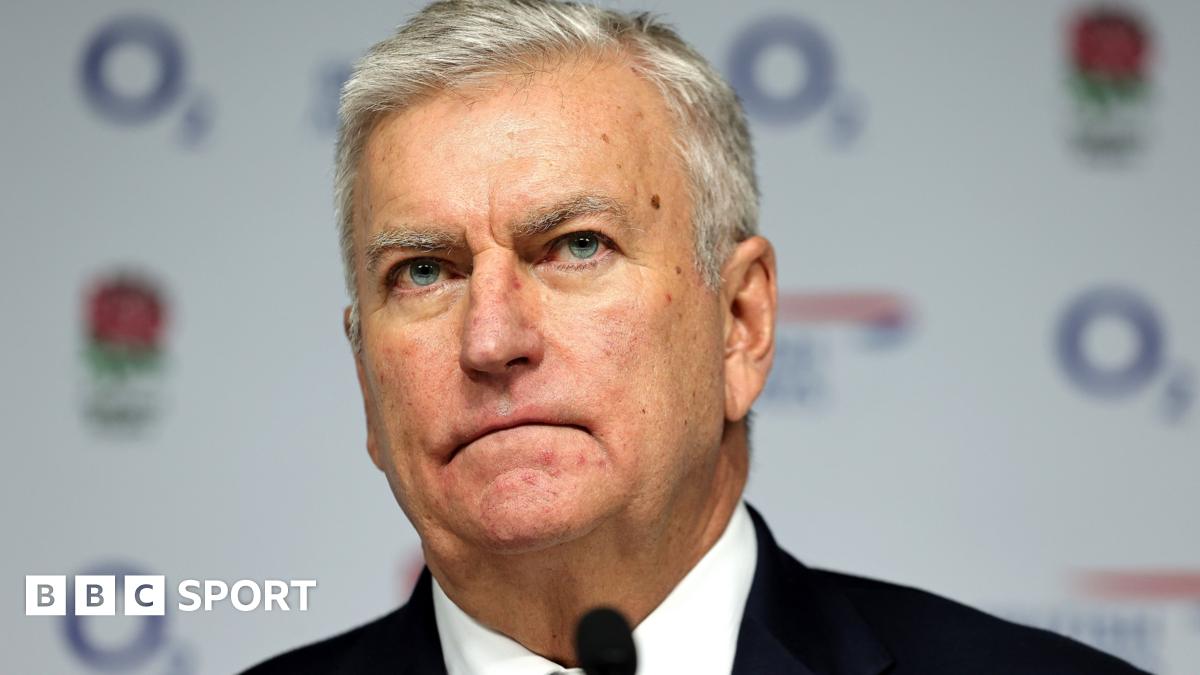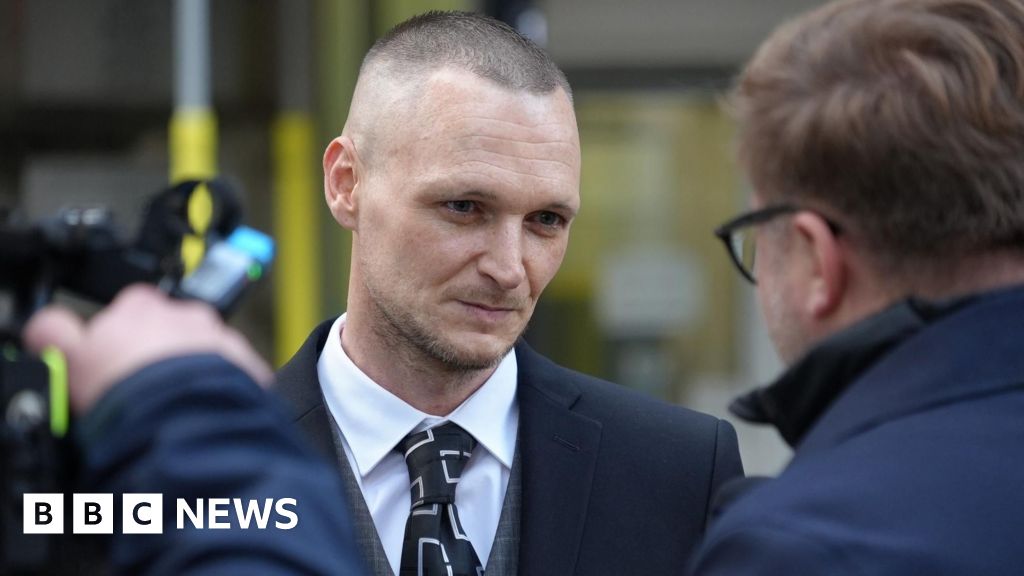 Image source, MAP
Image source, MAP
Medics from the British charity Medical Aid for Palestinians (MAP) pulled out of al-Aqsa hospital
Doctors from the UK who have been working at what they say is the only functioning hospital in the central Gaza Strip have told the BBC of their "deep concern" for patients and staff remaining there - as fighting between the Israeli military and Hamas has reportedly intensified in nearby areas.
Deborah Harrington, an obstetrician who has been working at al-Aqsa Martyrs Hospital in Deir al-Balah with the British charity Medical Aid for Palestinians (MAP), said the fighting meant there has been "a real decrease" in the number of staff able to work at the facility over the past two weeks.
At the same time, she said some 600 to 700 patients were still being treated inside the hospital daily, and that hundreds of displaced people were sheltering there or in the immediate vicinity.
"Without any functioning or sufficient healthcare staff, it will be an unmitigated disaster for those people living in Middle Gaza," another member of the team, surgeon Nick Maynard, told the BBC.
When asked about the reports, the Israel Defense Forces (IDF) told the BBC: "The forces closest to there are 1.5km (0.9 miles) away and there is no activity there."
Hospitals are specifically protected under international humanitarian law. Any military operation around hospitals must take steps to spare patients, medical staff and other civilians inside them.
On Sunday, MAP and the International Rescue Committee (IRC) announced that their staff had been "forced to withdraw and cease activities" as a result of what they called "increasing Israeli military activity around the al-Aqsa Hospital".
The head of the World Health Organization (WHO), Dr Tedros Adhanom Ghebreyesus, also said it had "received troubling reports of increasing hostilities and ongoing evacuation orders near the vital al-Aqsa hospital... which according to the facility's director forced over 600 patients and most health workers to leave".
He stated that al-Aqsa was "the most important hospital remaining in Gaza's Middle Area and must remain functional, and protected, to deliver its lifesaving services".
"Further erosion of its functionality cannot be permitted - doing so in the face of such trauma, injury and humanitarian suffering would be a moral and medical outrage," he warned.
Speaking to the BBC from Cairo airport, Mr Maynard, a senior surgeon and clinical lead with MAP who worked at al-Aqsa's surgical unit for two weeks, said he and his team were told to evacuate from Gaza last Friday.
"I was operating on a serious blast injury during the day, and at about 15:00 I finished in theatres to come out to find that there had been an attack on the intensive care unit (ICU)." He added: "We were told we had to leave."
Two other doctors said they had been told of an incident at the ICU, and had later seen pictures shared on social media of a bullet embedded into the ICU building's wall - but none of them witnessed the incident themselves.
The BBC was not able to verify the reports. Asked about the incident specifically, the IDF said it was "not aware of an air strike regarding the incident in question".
Another doctor placed at al-Aqsa with MAP, James Smith, told the BBC that he had heard gunfire on several days.
"It's worth stressing that the sound would travel, so it was maybe 1km or 2km (0.6-1.2 miles) away," he said, adding that it could occasionally be heard from the hospital courtyard.
Shelling was reported in the vicinity of the hospital on Tuesday, the UN said.
The Hamas-run health ministry in Gaza also reported that 57 dead and 65 injured people had been brought to al-Aqsa hospital over the previous 24 hours but provided no further details.
And on Wednesday, the Palestine Red Crescent Society (PRCS) said six people had been killed in an Israeli strike that targeted an ambulance on the outskirts of Deir al-Balah. Four of those killed were PRCS team members while the two others were in the ambulance at the time, it added.
The official Palestinian news agency Wafa reported that the strike was in the vicinity of al-Aqsa hospital and that a journalist was also among the dead. The BBC has asked the IDF for comment.
The BBC has verified footage posted on social media in recent days, in which plumes of smoke and the sound of gunshots can be heard in the surrounding area - though we could not verify where the shots were coming from and who was firing.
Pictures posted on social media also showed leaflets apparently dropped by the IDF, which warned residents of several neighbourhoods to the north that they were now in a "dangerous combat zone" and called on them to urgently evacuate for their own safety. They did not include the area directly around al-Aqsa hospital.
The doctors the BBC spoke to also said they were told about the leaflets, but had not seen them themselves.
Sean Casey, a WHO emergency medical teams co-ordinator who visited al-Aqsa hospital on the weekend, said the facility was now near an evacuation zone.
The IDF said "no specific evacuation notice had been given to" al-Aqsa.
Image source, James Smith
Image caption,The MAP team described treating large numbers of patients with serious trauma injuries
Dr Harrington said two nurses who worked at al-Aqsa's emergency room had been killed in the last two weeks as a result of fighting, while another staff member who had already been displaced once had her house bombed.
Dr Smith said: "Many Palestinian healthcare workers have expressed that they have felt that it is too unsafe to go back to the hospital.
"Certainly some people I've been in touch with haven't gone back since Friday."
He added that he and his colleagues remained concerned for those still in the hospital.
"There are many patients who physically cannot move, the elderly, people with disabilities, many patients on the neo-natal unit, many people recovering post-operative care who cannot move, and thousands of internally displaced people living within the hospital compound or in the immediate vicinity of the hospital."
Huge number of 'horrific' injuries
Some people may find the details and image below distressing. The text graphically describes fatal injuries suffered by children brought to the hospital.
The three doctors from the UK said they witnessed "horrific" injuries and challenging conditions inside al-Aqsa hospital.
"We had no running water in theatres, so we had no ability to scrub up and wash," Mr Maynard said of the surgical unit. "We just had to use alcohol gel before operating."
"There were no drapes to cover the patients in theatres, so we had to use makeshift gowns to try to keep the patients sterile and clean.
"Instruments were limited, there were very limited sutures for stitching," he added.
Recalling what the emergency room was like to work in, Dr Harrington said: "There were often no trolleys, so we were managing patients on the floor, which is filthy, which is cold.
Image source, James Smith
Image caption,Doctors are making do with very limited equipment in unsanitary conditions
"Sometimes oxygen tubing couldn't even reach those patients. We were putting in chest drains in completely unsanitary conditions, affording patients no dignity."
She said there was often no morphine or other pain relief.
"I can't get out of my mind - a child came in alive, literally burnt to the bone, their hands were contracting. Their face was just charcoal, and they were alive and talking. And we had no morphine," she said.
"I won't be able to wipe that memory and the smell, being treated on the floor."
Dr Smith, an emergency doctor, also described how many patients arrived with "horrific, traumatic injuries", ranging from burns to amputations and serious shrapnel injuries.
"We saw people with traumatic amputations. I saw a child, around one year old, who had had two limbs traumatically amputated, and the other two were severely damaged."
The UN's Office for the Coordination of Humanitarian Affairs (OCHA) said in an update that "intense Israeli bombardments from air, land, and sea" continued across much of Gaza on Tuesday, particularly in the Deir al-Balah southern Khan Younis areas.
"The offensive in these areas results in the killing and injury of many people and having devastating consequences for tens of thousands of civilians, many of whom had already fled for safety from Gaza City and the north to central and southern Gaza," it warned.
Israel says it is carrying out military operations in Gaza to "eradicate" Hamas and rescue hostages taken by the group.
It says it tries to avoid harm to civilians and blames Hamas for embedding fighters among them.
The war was triggered by an unprecedented cross-border attack by Hamas gunmen on southern Israel on 7 October, in which at least 1,300 people were killed - most of them civilians - and about 240 others taken hostage.
More than 23,350 people have been killed in Gaza - mostly children and women - during the 13 weeks of fighting since then, according to the Hamas-run health ministry.
 (1).png)
 1 year ago
13
1 year ago
13


















